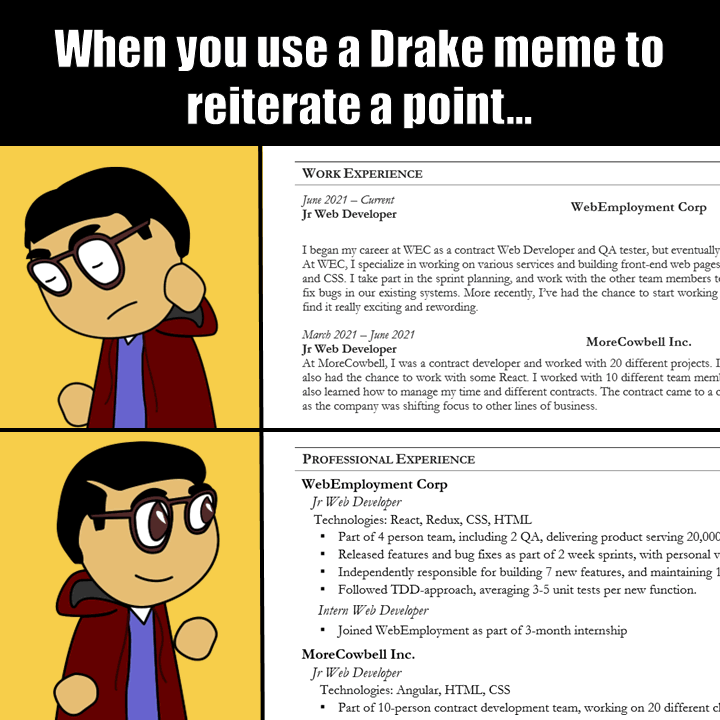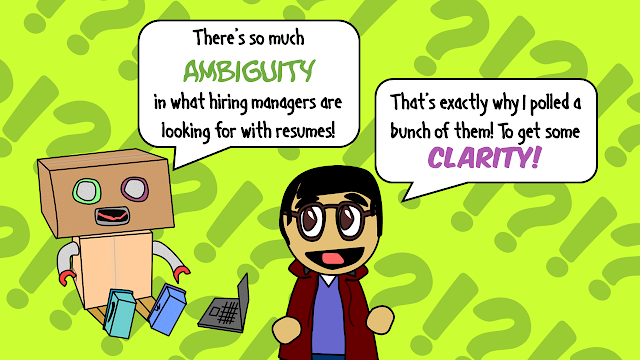Obstartunities
I ran a Spartan obstacle course. If you missed my last post about climbing a rope, only to realize I hadn't planned on being successful, now you'll know why I spent my summer climbing ropes.
Of the 21 obstacles, the rope climb was the only one I'd intentionally trained for. The rest, I figured, I would just try my best and see what happened. Given this was my first obstacle course, I wanted to get a general baseline so I could train against myself in the future. I wasn't holding my breath (other than when I plunged into the giant mud bath) about my performance.
Reflecting, I'm glad I took this approach because it let me problem-solve on the fly. Each obstacle was something I had to figure out - I could try to power through the hard way, or see if there was a more efficient way. Had I properly trained, I would have been familiar with the obstacles and probably applied solutions I'd have learned the solution from others. There's definitely value in training - you don't reinvent any wheels, reduce risk of failure/injury - but it can rob you from experimenting, and that feeling of joy when you hack a solution. Sometimes what feels impossible has a simple solution hiding in plain sight, and it's very motivating when you find it on your own.
Sharing this with a coworker, they talked about how obstacles are opportunities in disguise - and that's where we coined the term: Obstartunities (a quick Google reveals this term hasn't existed yet).
I like the term the word 'start' is right there in the middle. To overcome some obstacles and turn them into opportunities - you need to start somewhere. Whether it's training, whether it's experimenting - once you start, you're one step closer to success. And as a reminder from my last post: make sure you plan for when you are successful.
Happy to say I finally learned how to climb back down the rope. All in all, I completed in the top 15% of participants, and managed 18 of the 21 obstacles. Not a bad baseline.
Edit: For the record, it took less than 24hrs to become the sole entry for Obstartunities...






